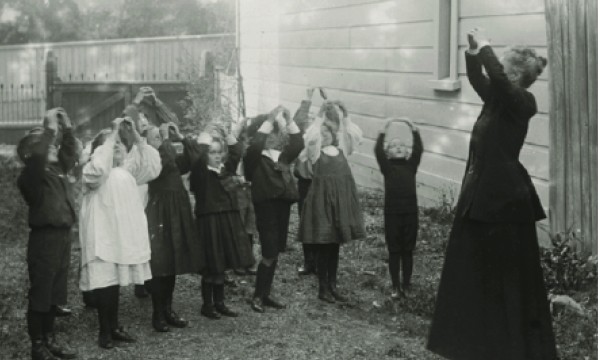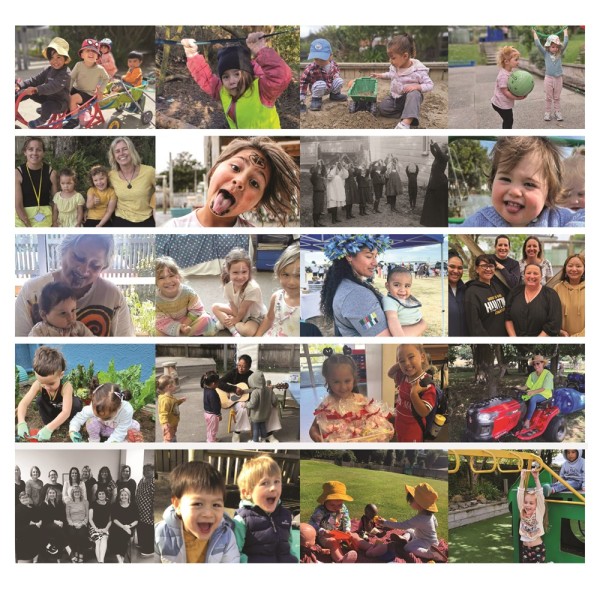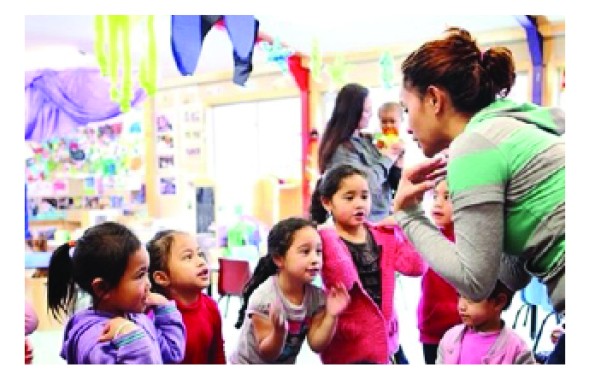-
Mō mātou About Us
-
Pārongo matua Parent Info
-
Piri'anga Alofa Community Services
-
Ngā auaha Innovations
-
Ngā tūranga mō wātea Work for Us
-
Ngā kārere NewsAll North Island Kindergartens Closed Today Due to Extreme Weather Submission on the Education and Training Amendment Bill Kōriporipo Report Partnership to Provide Free Hearing and Vision Testing Government undermines early childhood education, ignoring parents and the sector Community Health Event in Palmerston North Le Fale Jobs and Skills Hub Porirua Employers Event Whānau Pānui August Edition Now Available Consultation on Licensing Criteria Changes to Family Boost Scheme Labour MP's Visit Masterton West Kindergarten Kindergartens Stand Strong for NZEI Te Riu Roa Day of Action Nau mai, haere mai KidzWay Kindergarten! Wellington Central MP Tamatha Paul visits Campbell Kindergarten Concerns Raised over Early Childhood Funding Review MP Suze Redmayne Visits Kimbolton Kindergarten Whānau Manaaki Kindergartens Support Pay Equity Inquiry Calling on PM to Back Quality Early Childhood Education Effective Cut to ECE funding in Budget 2025 Kindergartens visit MP Offices with NZEI Petition Supporting Kindergarten Families with Essential Items in Porirua Statement By Whānau Manaaki Regarding Te Tiriti o Waitangi Kindergartens Support Te Tiriti
- Search
- Contact Us
- Find a Kindergarten
- Navigation
- About Us Our Values Our Structure Our People The Board Annual Reports Policies Kindergartens Aotearoa
- Parent Info Our Kindergartens Information for Whānau Fees and Contributions Get Involved Whānau Newsletters Register your Interest
- Community Services Community Navigation Service Le Fale Jobs and Skills Hub Etu Ao
- Innovations E Tū Kaha | Stand up Strong Pacific Kindergartens Arohanui Kindergarten Tai Tamariki Kindergarten Celebrations Whakanuia 120 Year Jubilee Whanganui Equity and Well Being Profile Te Tohu Urupare KOWHEORI-19 | COVID-19 Response Recognition Award Whānau Manaaki Publishes Pacific Language Children's Book
- Work for Us Why Work for Us? Application Requirements Vacancies
- News All North Island Kindergartens Closed Today Due to Extreme Weather Submission on the Education and Training Amendment Bill Kōriporipo Report Partnership to Provide Free Hearing and Vision Testing Government undermines early childhood education, ignoring parents and the sector Community Health Event in Palmerston North Le Fale Jobs and Skills Hub Porirua Employers Event Whānau Pānui August Edition Now Available Consultation on Licensing Criteria Changes to Family Boost Scheme Labour MP's Visit Masterton West Kindergarten Kindergartens Stand Strong for NZEI Te Riu Roa Day of Action Nau mai, haere mai KidzWay Kindergarten! Wellington Central MP Tamatha Paul visits Campbell Kindergarten Concerns Raised over Early Childhood Funding Review MP Suze Redmayne Visits Kimbolton Kindergarten Whānau Manaaki Kindergartens Support Pay Equity Inquiry Calling on PM to Back Quality Early Childhood Education Effective Cut to ECE funding in Budget 2025 Kindergartens visit MP Offices with NZEI Petition Supporting Kindergarten Families with Essential Items in Porirua Statement By Whānau Manaaki Regarding Te Tiriti o Waitangi Kindergartens Support Te Tiriti
Whakanuia 120 Year Jubilee
Whānau Manaaki celebrate 120 years of Kindergarten in Aotearoa! Ka huri whakamuri, kia ahu whakamua, ka neke | In order to improve and move forward we must reflect back to what has been.

Search WM kindergartens

The Last 120 Years

By the start of the 20th century there were a few private kindergartens in Wellington, some kindergarten classes in schools and selected kindergarten activities in infant classes.
The Association had its roots in the Froebel Society established by Mary Richmond in 1897. In 1905 she formed the Richmond Kindergarten Union that established the first free kindergarten in the city in 1906.
The name was changed to the Wellington Free Kindergarten Association in 1917, following the Dunedin, Auckland and Christchurch Associations.
It grew to become the Wellington Region Free Kindergarten Association in 1984 and with amalgamation with the Remutaka Association became He Whānau Manaaki o Tararua: Free Kindergarten Association in 2014.
Pictured: Mary Richmond with her kindergarten class at Richmond School, c.1893, ATL
Showcasing Kindergarten Stories

As part of our 120-year jubilee, we will be exploring the story of kindergartens from the 19th century, through to today.
- The origins of a radical idea that children should learn through play
- Kindergarten activities developed by Friedrich Froebel in the 19th century: songs and movement, blocks, crafts, and engaging with nature
- How the Kindergarten movement travelled from Germany via England and the United States to Aotearoa.
- Kindergarten beginnings in Wellington
- The pioneers, dedicated teachers, and communities that fundraised and established kindergartens across the Wellington region
- The generations of children and whānau who enjoyed the kindergarten experience and took their confidence, curiosity and creativity to school and beyond
- An Association that adapted and redefined kindergarten in Aotearoa, honouring Te Tiriti o Waitangi, celebrating diversity, and promoting sustainability
The Four Eras of Kindergarten
BEGINNINGS of a radical idea: 1840s
PERSUASION and perseverance: 1900s
EXPANSION and community support and connection: 1950s
TRANSFORMATION and inclusion: 2000s
Collectively, the stories will provide a microcosm of the diverse social histories of Aotearoa, revealing some aspects of class, gender and culture.
Pictured: Action songs at Toru Fetū Kindergarten 2012

